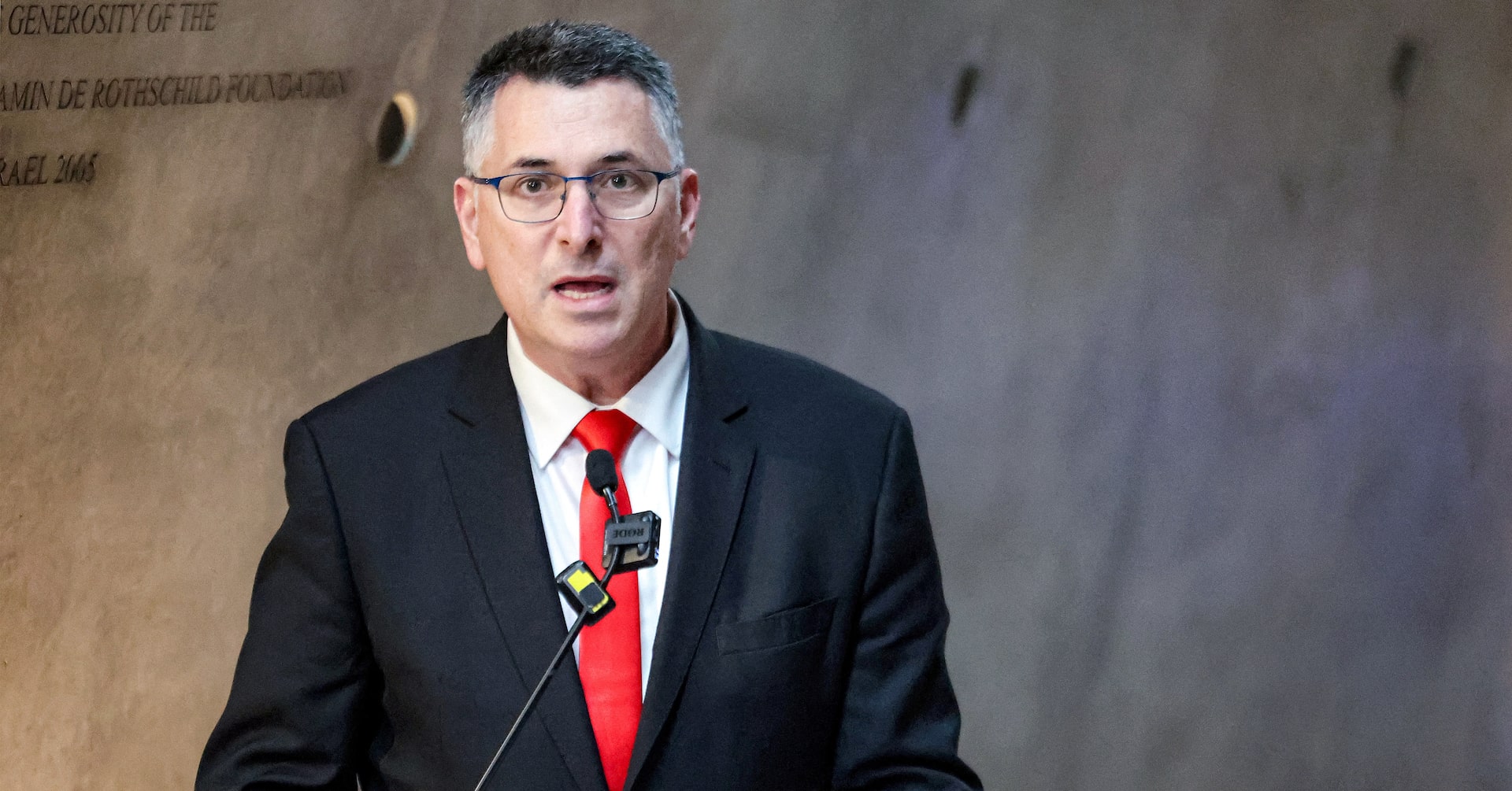Diplomatic Crossroads: EU and Israel Chart Gaza's Uncertain Path Amid Regional Tensions

In a diplomatic move signaling renewed engagement, Israeli Foreign Minister Gideon Saar is set to meet with top European officials in Brussels on Monday. The high-stakes discussions aim to reestablish dialogue with the European Union at a critical moment, as the bloc explores potential involvement in Gaza's reconstruction following the recent ceasefire agreement.
Saar's visit comes at a pivotal time, with European leaders weighing their potential role in helping rebuild the devastated Gaza Strip after weeks of intense conflict. The meetings are expected to address not only reconstruction efforts but also broader diplomatic relations between Israel and the European Union.
The diplomatic talks represent an important opportunity to bridge recent tensions and explore collaborative approaches to addressing the complex challenges in the region. By engaging directly with senior European officials, Saar seeks to outline Israel's perspective and potentially shape the international community's reconstruction strategy.
As discussions unfold, the focus will likely center on humanitarian aid, infrastructure rebuilding, and mechanisms to ensure long-term stability in the Gaza region. This diplomatic outreach signals a potential thawing of relations and a willingness to engage in constructive dialogue amid ongoing regional challenges.

